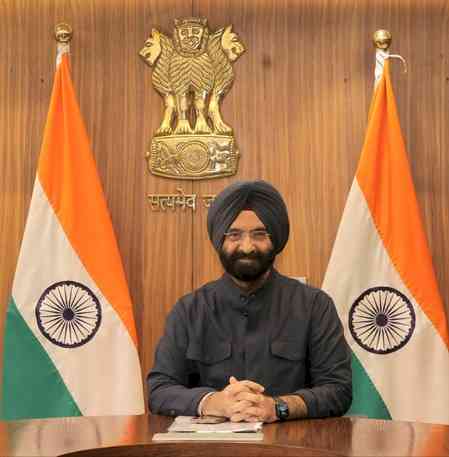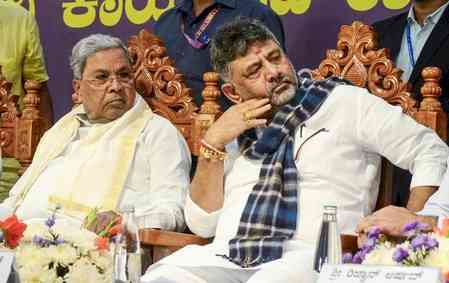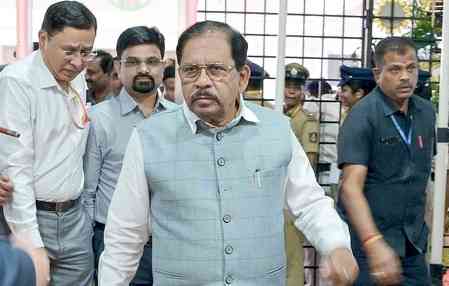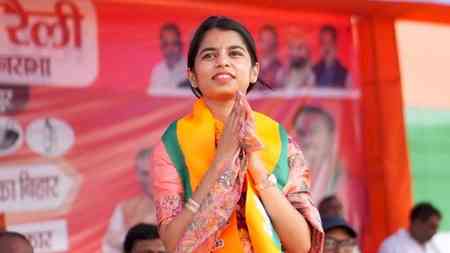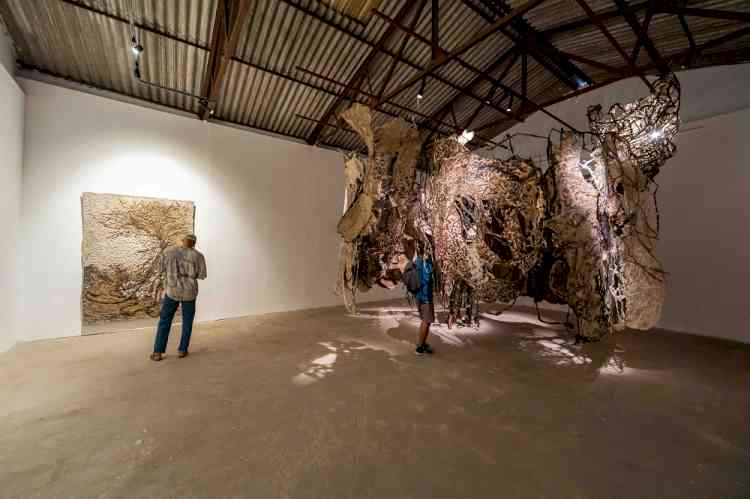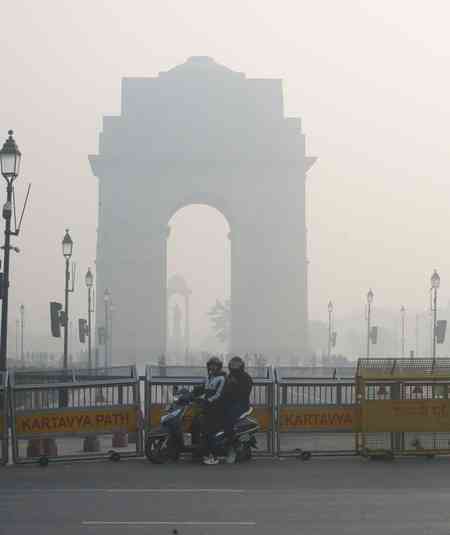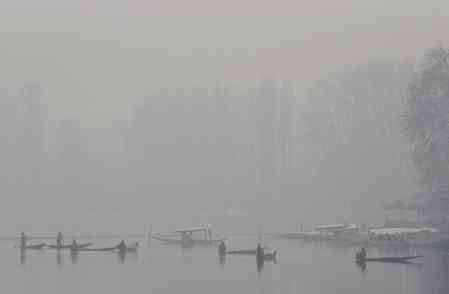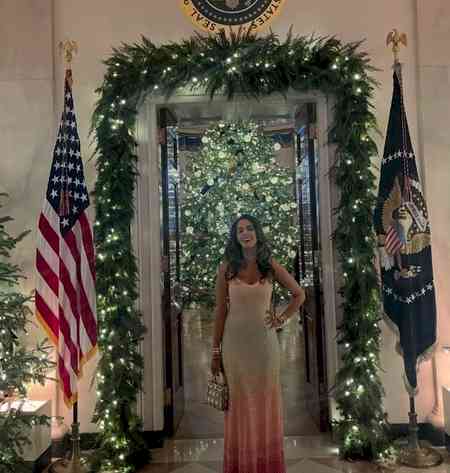As true Sufi, Mata Rupa Bhawani transcends religious borders
One of the most prominent Sufi saints of Kashmir, whose message transcends the borders set by religion and birth, was Mata Rupa Bhawani also known by her birth name, Alakheswari. She was a 17th century Sufi saint born in 1621 in Kashmir.
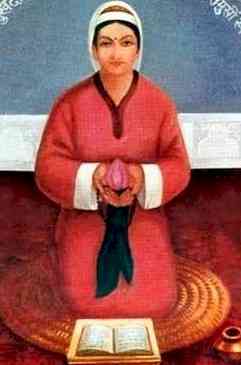
Sheikh Qayoom
Srinagar, April 2 (IANS) One of the most prominent Sufi saints of Kashmir, whose message transcends the borders set by religion and birth, was Mata Rupa Bhawani also known by her birth name, Alakheswari. She was a 17th century Sufi saint born in 1621 in Kashmir.
Married at an early age, she visited the Hari Parbat hillock at midnight for 'Sadhana' (Meditation). Among the people of average understanding, her nocturnal visits raised many eyebrows. Her husband and mother-in-law started mistreating her and she left the house of her husband in pursuit of God.
Alakheshwari performed her Sadhana in solitude at Chashme Shahbi, in Manigam, Lar and Vaskura villages of Ganderbal district. All these three places and her birthplace at Safa Kadal in Srinagar city are famous as Ropa Bhawani Asthapanas. She died in 1721 on 'maag gattu pachh satam'. This day became known as Sahib Saptami and is observed by Hindus in Kashmir. Mata Rupa Bhawani like Lal Ded is one of the great female mystic poets of Kashmir.
Rupa Bhawani was the second great mystic poetess of 17th century. She had a great and deep experience of ups and downs of life. In her poetry, we find the influence of both Kashmir Shaivism and Islamic Sufism.
Kashmiris are basically one race of Saraswats, tolerance, cooperative understanding had to be spread far and wide. And for that Rupa Bhawani or Alakeshwari or Ropded appeared on the scene.
Her father Madho Dhar, a staunch devotee of Bhagwati Sharika, whose sacred hill he went round every morning bare footed, would be seen holding discourses and discussions with the Muslim saint Thag Baba just across the river opposite his residence in Srinagar. Roopa was the Goddess Sharika incarnate, and thus she maintained the tradition that 'Yaiva Uma-Saiva Kashmira' (She who is Uma is Kashmir).
Author T.N. Dhar has translated the verses of Mata Rupa Bhawani into English. Dhar says there are 146 'Vakyas' of Mata Rupa Bhawani and in translating her Vakyas, he has employed his intelligence, personal knowledge of a karmishta and scholarship. Dhar says the Vakyas are what they are and no one has the right or the authority to add to, alter or amend the Vakyas. They have their own metre, their own way of expression.
Dhar has drawn a parallel between what Lord Krishna has said in the Bhagwat Geeta and has quoted from the English Literature to bring home the points made in various Vakyas, substantiating the interpretation provided by him.
Each Vakya is explained first in a free verse followed by a supplementary comment. Dhar said, "My object has been to pull out, into a clear stream, content and meaning of each verse out of the tangled web of aphoristic, terse, riddling and suggestive and at places mutilated expressions".
One thing that stands out whether it has been a Kashmir Muslim or a local Pandit Sufi saint is the universal message of amity, tolerance and cooperation among communities. For Kashmiri Hindu Sufi saints, it has been an amplification of Shaivism and its true understanding. For the local muslims, Sufism is a mystical form of Islam, a school of practice that emphasizes the inward search for God and shuns materialism. Kashmiri Sufism has produced some of the World's most beloved literature, like the love poems of the 13th century Iranian jurist Rumi.


 IANS
IANS 
